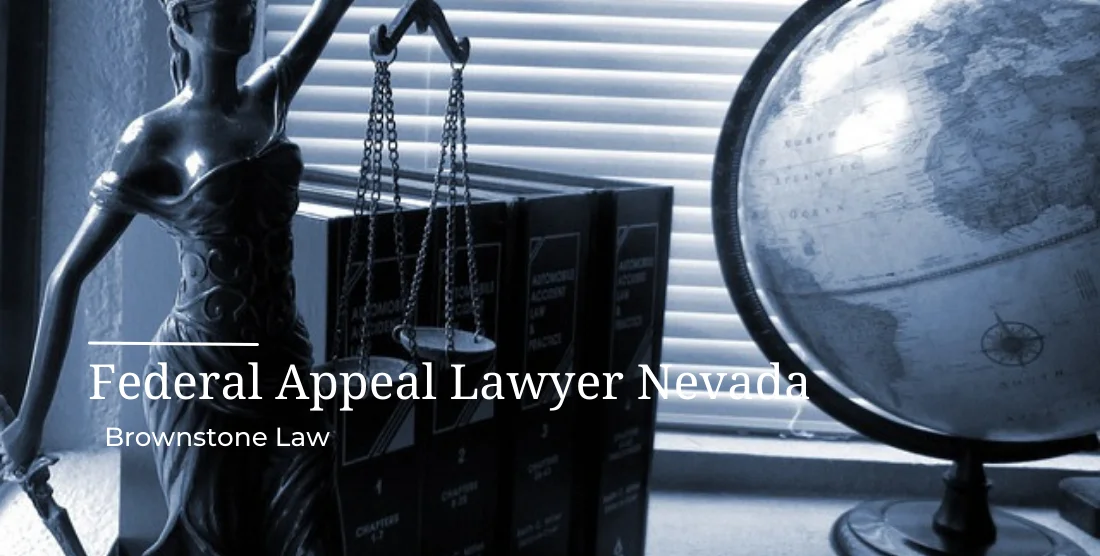When it comes to insurance, there is no one-size-fits-all solution. Each person’s needs are unique and require individualized coverage. Knowing what type of coverage you need and how much of it can be a daunting task, especially for those who are new to the process. It’s important to be informed and understand the different types of coverage available so that you can make an educated decision. Here are the steps you should take when selecting insurance coverage.
1. Bobtail Insurance
This type of insurance provides coverage for truckers who are not carrying a load, such as when they are returning to their home base. Bobtail insurance is essential for anyone operating a commercial vehicle and can be customized with additional riders depending on the individual’s needs. Additionally, bobtail insurance may qualify drivers for discounts with some insurance providers. While this coverage is not required, it is highly recommended. Also, be sure to ask about discounts available when purchasing this insurance.
2. Cargo Insurance
Cargo insurance protects your goods while they are in transit. This type of coverage is essential if you’re shipping expensive, fragile, or specialized items like artwork, electronics, machinery, and collectibles. It can also cover mundane shipments that might get damaged or lost along the way. When shopping for cargo insurance, make sure you understand the full scope of what will be covered as well as any exclusions.
Generally speaking, this type of policy may cover fire damage; water damage caused by accidents; theft; vandalism; collisions with another vehicle; accidents involving aircraft and vessels; and other unexpected events such as extreme weather conditions.
3. Liability Insurance
Liability insurance is important for protecting your assets in the event of an accident, injury, or property damage. It can also provide financial coverage for legal fees in case of a lawsuit. Liability insurance is usually divided into two categories: general liability and professional liability. General liability covers you from accidental damages related to your property, while professional liability covers you from any errors or omissions made when providing services to clients.
When selecting a policy, it’s important to consider the amount of coverage you need as well as any additional riders that may be included. Make sure to compare policies and speak with an agent to find one that fits your needs and budget.
4. Uninsured/Underinsured Motorist Coverage
Uninsured or underinsured motorist coverage is an important type of auto insurance that can help you if you’re in an accident with a driver who doesn’t have enough insurance to pay for damages. This type of coverage provides protection for your medical expenses, lost wages, and damage to your car. It also covers any passengers in your vehicle at the time of the accident. Before signing up for uninsured/underinsured motorist coverage, make sure you understand what it covers and how much it will cost.
Be sure to compare policies from different insurers so you get the best rate.
5. Medical Payments Insurance
Medical Payments Insurance protects you from the expenses of medical bills or funeral costs in case someone is injured on your property. This type of coverage applies regardless of who is at fault for the accident and can help to cover medical bills, ambulance fees, and other related costs. If you’re thinking about buying a home or renting out a space, this type of insurance may be necessary depending on state laws. It’s important to assess your specific needs so that you can ensure proper coverage.
If you already own a home, consider whether adding Medical Payments Insurance makes sense for your budget. You can do some research into typical medical costs in your area and compare them to what you’d pay for this type of policy annually or monthly.
6. Personal Injury Protection (PIP)
PIP is a type of coverage that provides financial protection for medical expenses stemming from an injury associated with a covered accident. This coverage can be found on auto insurance policies and should include both personal injury and property damage. PIP will cover medical bills incurred as a result of the accident, including hospital stays, doctor visits, medications, physical therapy, and other treatments. It will also pay for lost wages if the injured person has to miss work due to their injuries.
Make sure to review the limits of your policy when selecting PIP coverage so that you know exactly what is covered in the event of an accident.
7. Life Insurance
Life insurance exists to protect your family if something were to happen to you. It ensures that in the event of death, those who depend on you financially are not left with a large burden. When choosing life insurance it’s important to consider the amount of coverage needed and the cost associated with it. Generally speaking, term life insurance provides more coverage at a lower cost than whole life policies. Be sure to take into account any debts, such as student loans or mortgages, as well as how much income is necessary for your family to maintain their current lifestyle after you pass away.
8. Home Insurance
If you rent or own a home, you should consider getting home insurance. It protects against damage and theft of your property while ensuring that the costs of repairs are covered. Home insurance typically comes with liability coverage as well, which can protect you from any injuries that occur on your property. Before selecting a policy, make sure to shop around for different rates and compare coverage options to get the best value for your money. Additionally, check with potential providers to see if they offer discounts or special promotions that could help lower your premiums.

When it comes to getting the right insurance coverage, understanding your needs is key. Knowing what types of coverage are available and how much protection they offer will help you make an informed decision about which policy best suits your lifestyle. Be sure to compare rates from different insurers so that you can get the most bang for your buck. With a little research and preparation, you can find the right insurance policy that will give you peace of mind.


















